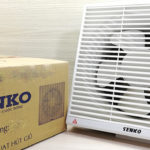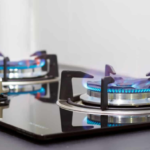As the summer heat intensifies, having a reliable air conditioner becomes a necessity for every household. However, choosing the right AC unit, especially between 1-horsepower (HP) and 2-HP options, can be a daunting task. This article aims to compare the pros and cons of each type to help you make an informed decision for your family.
1. Understanding 1-HP and 2-HP Air Conditioners
What is a 1-HP Air Conditioner?
A 1-HP air conditioner has a power output of 746 watts and is suitable for rooms up to 15 square meters. Its advantages include affordability and energy efficiency. However, its cooling capacity is limited, making it appropriate only for small rooms with fewer occupants.
What is a 2-HP Air Conditioner?
On the other hand, a 2-HP air conditioner boasts a power output of 1492 watts and is ideal for rooms ranging from 15 to 30 square meters. Its key advantage lies in its ability to cool larger spaces quickly and effectively, even with multiple occupants. Nevertheless, 2-HP units tend to be more expensive and consume more electricity compared to their 1-HP counterparts.
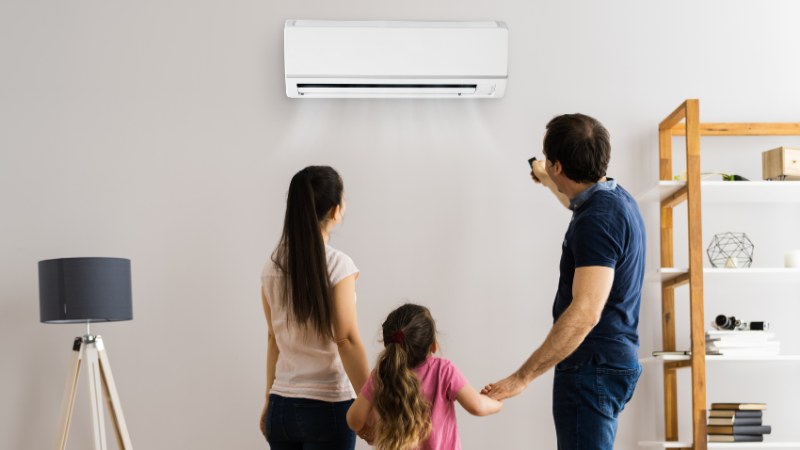 Understanding 1-HP and 2-HP Air Conditioners
Understanding 1-HP and 2-HP Air Conditioners
2. 1-HP vs 2-HP Air Conditioners: Which One Should You Choose?
Now, let’s delve into the factors that will help you decide whether to opt for a 1-HP or a 2-HP air conditioner:
Room Size
Selecting the right AC unit based on room size is crucial for ensuring optimal cooling performance and energy efficiency. Here’s a comprehensive guide to help you make the right choice:
Calculating the Required Capacity:
To determine the necessary capacity for your air conditioner, use the following formula:
Capacity (BTU) = Room Area (m²) x 600
Where:
-
1m² = 600 BTU
-
1 HP (horsepower) = 9000 BTU
For instance, let’s consider a room with dimensions of 5 meters by 3 meters:
Capacity (BTU) = (5 x 3) x 600 = 9000 BTU, which is equivalent to 1 HP.
Suggested Capacities Based on Room Size:
-
For rooms under 15 square meters, opt for a 1 HP (~9000 BTU) air conditioner.
-
For rooms between 15 and 20 square meters, a 1.5 HP (~12,000 BTU) unit is recommended.
-
If your room size falls between 20 and 30 square meters, choose a 2 HP (~18,000 BTU) air conditioner.
-
For larger rooms ranging from 30 to 40 square meters, consider a 2.5 HP (~24,000 BTU) unit.
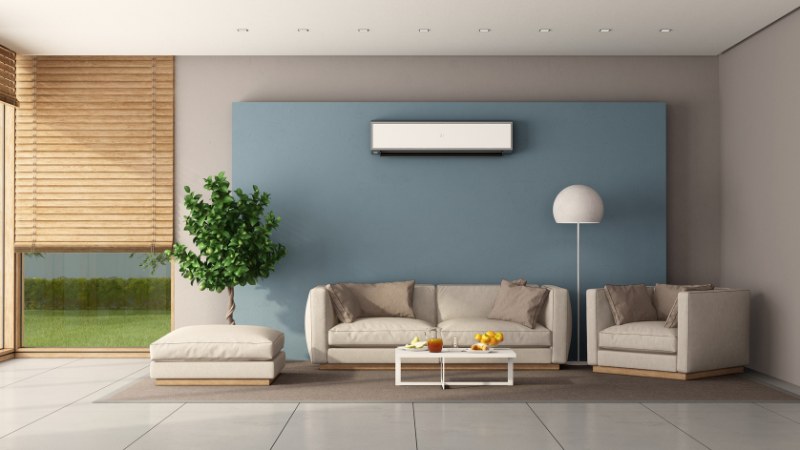 Choosing the right AC unit based on room size is crucial.
Choosing the right AC unit based on room size is crucial.
Budget
Air conditioners are relatively expensive, so determining your budget is an essential step in the decision-making process.
Before purchasing an AC unit, be clear about the amount you can comfortably spend. This will help you narrow down your options and avoid wasting time on products that exceed your financial capabilities.
Once you’ve set your budget, consider the features that are necessary and align with your family’s needs. Some popular features to look for include:
-
Inverter Technology: This feature helps save energy and reduce electricity costs.
-
Air Purification: Air purifying filters ensure a healthier and more comfortable indoor environment.
-
Timer Function: A timer allows you to preset the AC to turn on or off at specific times, enhancing convenience and energy efficiency.
-
Wi-Fi Connectivity: With this feature, you can control your air conditioner remotely via your smartphone.
The market offers a wide range of air conditioner brands and models to choose from, each with varying price points. Therefore, it’s advisable to research and compare prices before making a purchase to find the best deal that fits your budget.
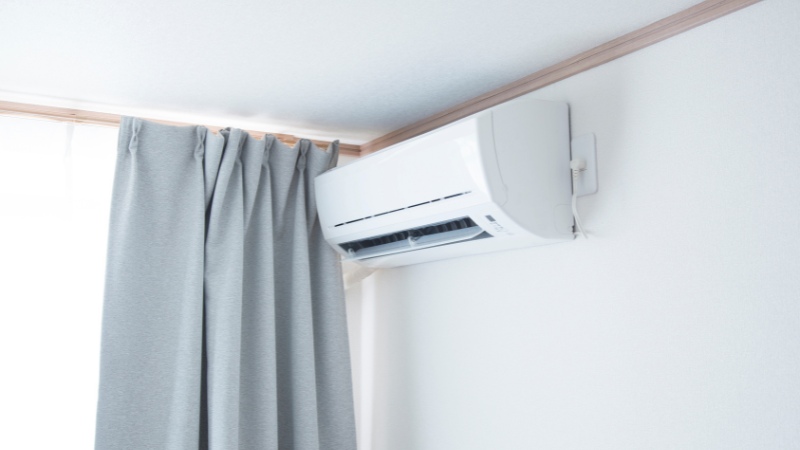 Consider your budget when choosing an air conditioner.
Consider your budget when choosing an air conditioner.
Energy Consumption
With the ever-increasing electricity prices, energy efficiency is a crucial factor to consider when selecting an air conditioner.
Prioritize Inverter Air Conditioners:
Inverter air conditioners are designed to adjust their compressor speed, resulting in energy savings of up to 30-77% compared to conventional units. This feature can significantly reduce your monthly electricity bills.
Choose Energy-Efficient Models:
Look for air conditioners with higher energy ratings, indicated by the number of stars on the energy label. The more stars, the more energy-efficient the unit is, which translates to lower electricity costs.
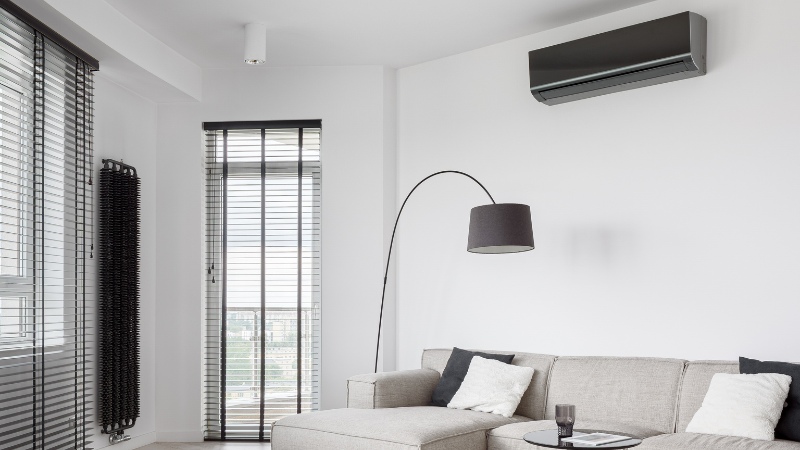 Energy efficiency is a key consideration when choosing an air conditioner.
Energy efficiency is a key consideration when choosing an air conditioner.
Installation Location
The location of your air conditioner directly impacts its cooling performance, energy efficiency, and longevity. Therefore, choosing the right installation spot is essential for optimal performance.
Selecting the Location for the Indoor Unit (Evaporator):
-
Avoid Direct Sunlight: Sunlight can reduce the cooling efficiency of the AC and increase power consumption. Install the indoor unit in a shaded area, away from direct sunlight.
-
Steer Clear of Areas with Significant Temperature Differences: Places like doors and windows, which experience substantial temperature variations, can hinder the AC’s cooling performance. Keep the indoor unit away from these areas.
-
Consider the Airflow Direction: Position the indoor unit so that the airflow is directed along the length of the room, ensuring even cooling. Avoid installing it in a way that blows air across the room or in a corner.
-
Ease of Maintenance: Choose a location that provides easy access for maintenance, repairs, gas refilling, and electrical and water connections.
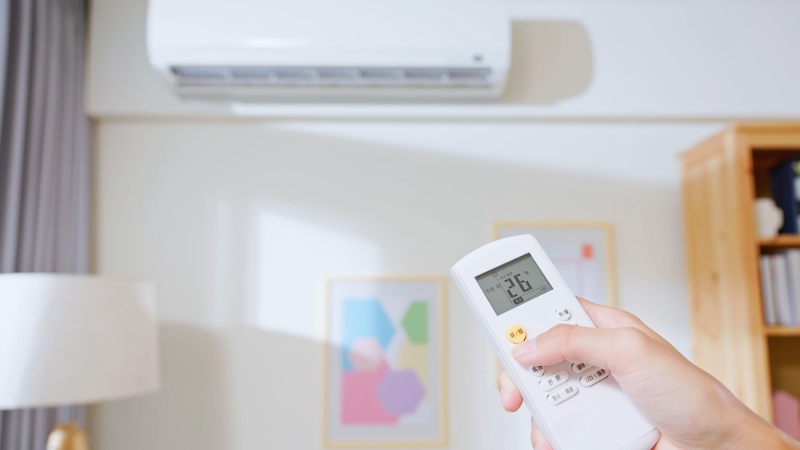 Consider the installation location for optimal performance.
Consider the installation location for optimal performance.
Installing the Outdoor Unit (Condenser):
-
Opt for a Well-Ventilated Area: Install the outdoor unit in a spacious and well-ventilated area to ensure efficient heat dissipation.
-
Keep it Away from Water Sources: Avoid installing the outdoor unit near water sources like faucets or water tanks to prevent water leakage issues.
-
Maintain the Required Distance: Follow the manufacturer’s guidelines for the minimum distance between the indoor and outdoor units to ensure optimal performance.
-
Use Insulated Copper Pipes: Utilize insulated copper pipes to protect the tubing from external factors like extreme weather conditions.
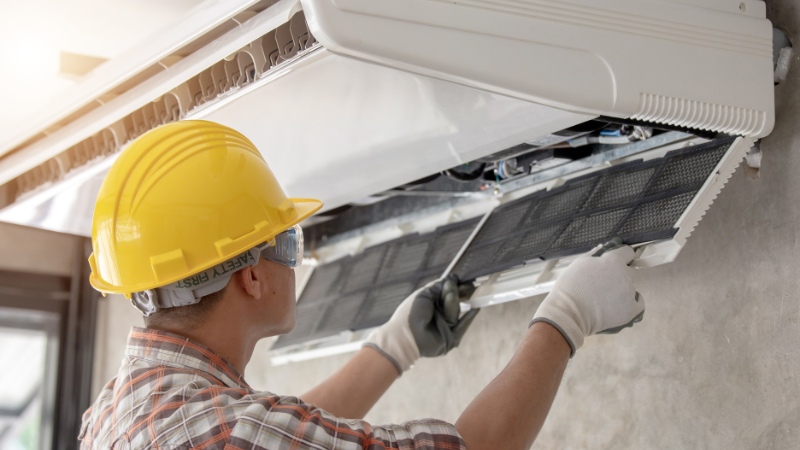 Install the outdoor unit in a well-ventilated area.
Install the outdoor unit in a well-ventilated area.
Number of Occupants and Usage Frequency
The number of people regularly using the air-conditioned space and how often they use it are important considerations when choosing the right AC unit.
Number of Occupants:
Each person emits a certain amount of body heat, so the number of occupants in a room will influence the required cooling capacity. Here are some guidelines:
-
Fewer than 2 people: Choose a 1 HP (9,000 BTU) air conditioner.
-
2 to 3 people: Opt for a 1.5 HP (12,000 BTU) unit.
-
4 to 5 people: Go for a 2 HP (18,000 BTU) air conditioner.
-
More than 5 people: Consider a higher capacity unit, above 2 HP (18,000 BTU).
Note: The number of occupants is only a rough guideline. Other factors, such as room size, house orientation, and the presence of heat-generating appliances, should also be taken into account when determining the required capacity.
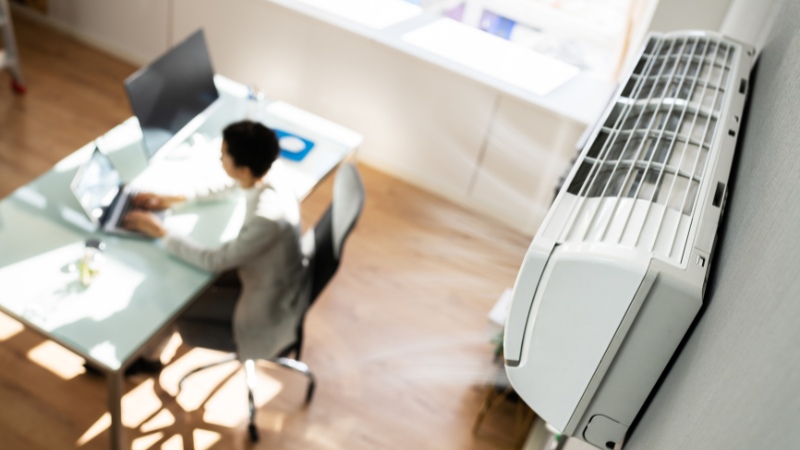 Consider the number of occupants when choosing the AC capacity.
Consider the number of occupants when choosing the AC capacity.
Usage Frequency:
-
If your household uses the air conditioner frequently throughout the day, opt for a higher-capacity unit to ensure effective cooling.
-
On the other hand, if you only use the AC for a few hours at night or during the day, you may choose a lower-capacity unit.
Example:
-
Bedroom: For spaces with fewer occupants and shorter usage durations, a 1 HP (9,000 BTU) unit should suffice.
-
Living Room: For areas with multiple occupants and longer usage times, consider a 2 HP (18,000 BTU) or higher-capacity air conditioner.
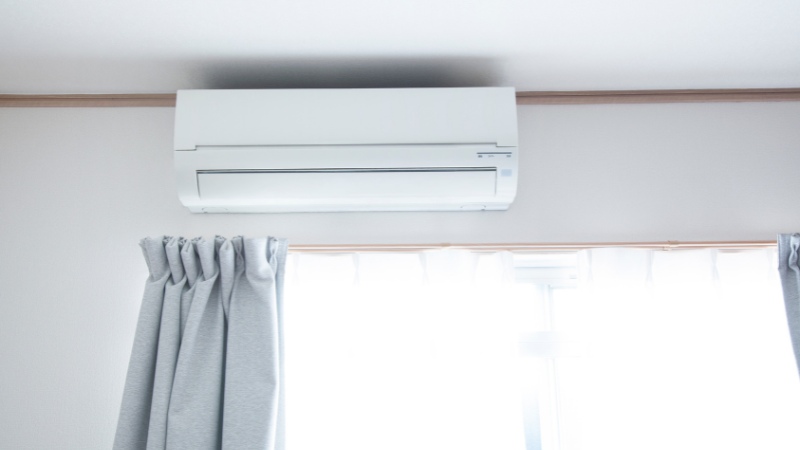 Consider usage frequency when choosing the AC capacity.
Consider usage frequency when choosing the AC capacity.
Selecting the right air conditioner that suits your needs is of utmost importance, especially when deciding between the popular options of 1-HP and 2-HP units. We hope that the detailed information provided in this article will empower you to make a wise decision for your family’s comfort.


























